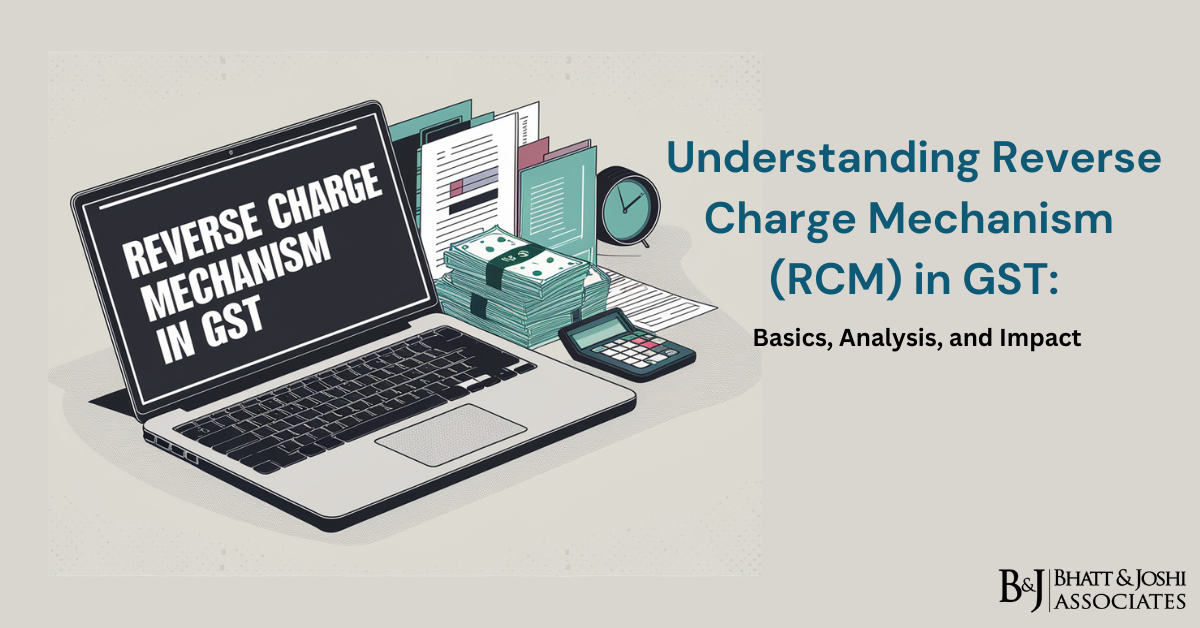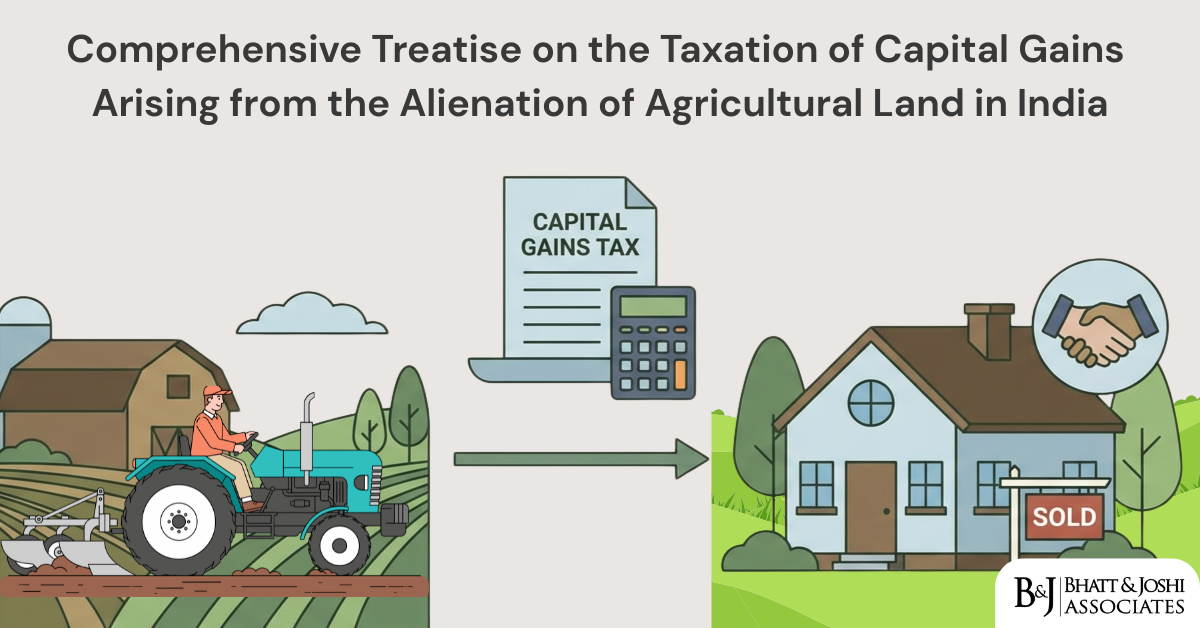Reverse Charge Mechanism (RCM) in GST: Understanding Basics, Analysis, and Impact
Introduction
Under the GST Law, the burden of discharging GST liability typically falls on the supplier through the Forward Charge Mechanism (FCM). However, the Reverse Charge Mechanism (RCM) shifts this burden to the receiver of goods or services. This comprehensive guide aims to provide a detailed understanding of RCM in GST, including its basics, analysis of applicable provisions, and its impact on businesses.
Understanding Reverse Charge Mechanism (RCM) in GST
RCM entails a scenario where the liability to pay GST rests with the recipient of goods or services instead of the supplier. This mechanism is invoked in specific circumstances outlined in the GST law to ensure tax collection, prevent tax evasion, and promote compliance.
Necessity of Reverse Charge Mechanism
The necessity of RCM is underscored by provisions such as Section 9(4) of the CGST Act and 5(4) of the IGST Act, which mandate its application in cases where supply is made by an unregistered person to a registered person. This helps prevent tax evasion and promotes compliance by ensuring tax collection from the recipient.
Services Rendered through E-commerce Operators
Under Section 9(5) of the CGST Act, certain services rendered through e-commerce operators are subject to RCM. This includes services provided by transportation services aggregators, accommodation services aggregators, and housekeeping services aggregators.
Time of Supply under Reverse Charge Mechanism
The time of supply of goods and services under RCM is determined based on various factors such as the receipt of goods or services, payment, invoice date, and entry in the books of accounts. This ensures clarity and consistency in tax payment obligations under RCM.
Payment of Tax under Reverse Charge Mechanism
The liability under RCM is discharged by debiting the electronic cash ledger, and input tax credit cannot be used to discharge this liability. Additionally, advance payments for reverse charge supplies are also liable to procure GST, emphasizing the importance of timely tax payments.
Eligible Goods and Services under RCM
A detailed list of goods and services eligible for tax under RCM is provided, including cashew nuts, bidi leaves, silk yarn, legal services, sponsorship services, transportation services, and more. This comprehensive list helps stakeholders identify their tax obligations under RCM accurately.
Analysis of RCM Provisions
A thorough analysis of RCM provisions reveals its broad applicability across various sectors and industries. From transportation services to legal services, RCM impacts a wide range of transactions, necessitating careful compliance and adherence to regulatory requirements.
Impact on Businesses
The impact of RCM on businesses is significant, as it shifts the burden of tax liability to the recipient and requires meticulous record-keeping and compliance. Businesses must ensure timely payment of taxes under RCM to avoid penalties and legal repercussions.
Conclusion
In essence, comprehending the basics of RCM in GST law is paramount for businesses to navigate tax obligations effectively. By delving into its necessity, eligibility criteria, time and tax payment aspects, stakeholders can ensure compliance and mitigate risks associated with GST liabilities. Embracing RCM not only fosters tax transparency but also bolsters the integrity of the GST framework.
 Whatsapp
Whatsapp



